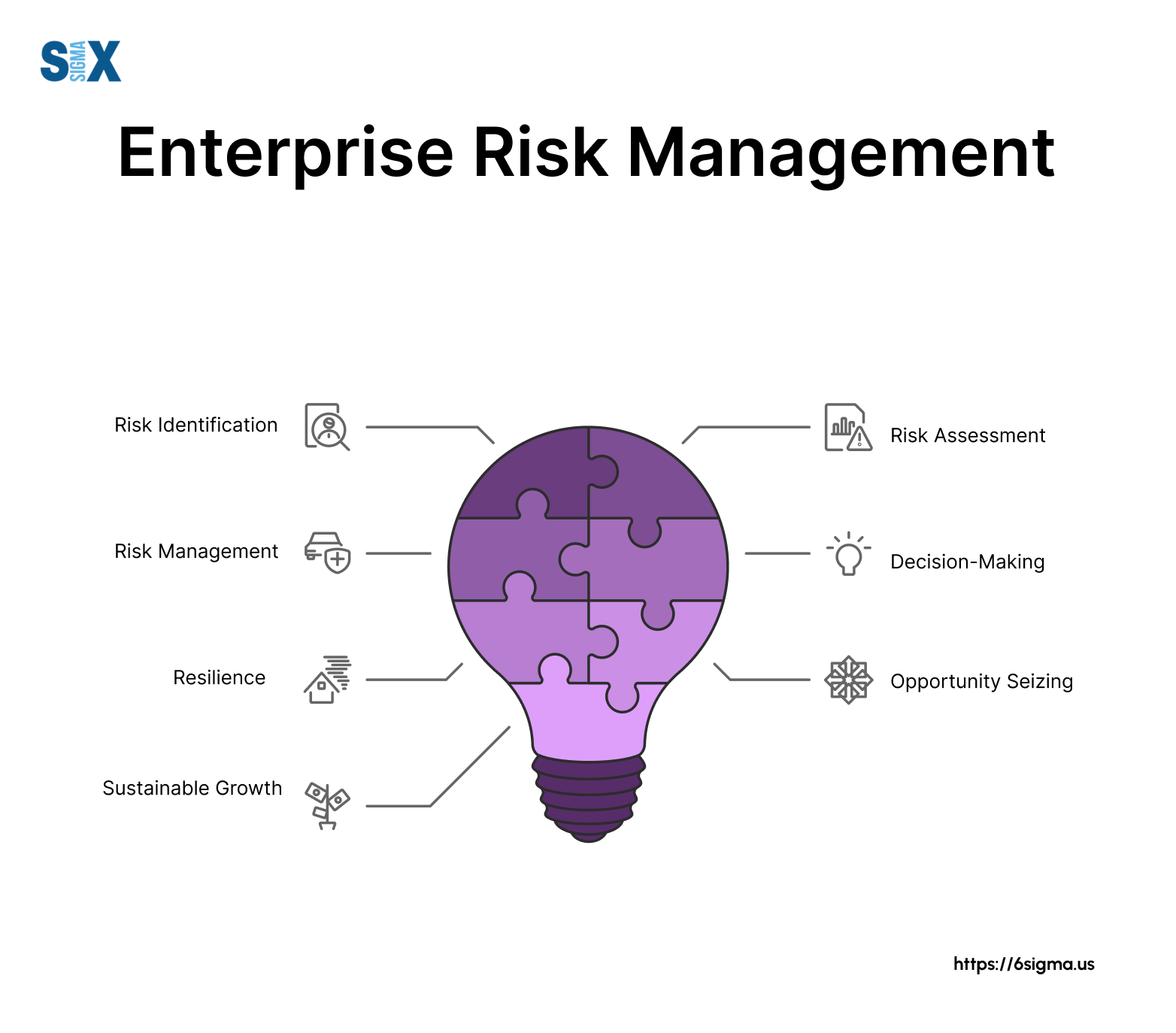The Unquestionable Importance of Risk Management in Safeguarding Business Success
The Unquestionable Importance of Risk Management in Safeguarding Business Success
Blog Article
Checking out the Significance of Risk Management for Effective Decision-Making Approaches
In the detailed world of business, Risk Management emerges as a critical aspect in the decision-making procedure. The ability to identify potential threats and chances, and strategize appropriately, can mean the difference in between success and failure.
Comprehending the Concept of Risk Management
Risk Management, an essential element in decision-making, is typically misconstrued or oversimplified. Generally, it refers to the recognition, assessment, and prioritization of risks to lessen, check, and regulate the likelihood or influence of unfortunate events. It's not simply regarding protecting against adverse results, but additionally regarding identifying potential chances. Risk Management involves organized and disciplined techniques, using information and insightful evaluations. It calls for a comprehensive understanding of the company's context, objectives, and the possible dangers that can combat them. From economic unpredictabilities, legal liabilities, strategic Management mistakes, to crashes and natural disasters, it addresses different risks. Notably, effective Risk Management is not stagnant; it's a constant, positive procedure that advances with transforming conditions.
The Duty of Risk Management in Decision-Making Processes
In the world of calculated preparation and organization operations, Risk Management plays an important role in decision-making procedures. It assists in determining potential risks and unpredictabilities that might affect the success of organization objectives. By tracing these risks, companies can create approaches to reduce their influence, ensuring business connection and security. Risk Management therefore comes to be an important tool in decision-making, aiding leaders to make educated choices based upon a comprehensive understanding of the threats included. It urges a proactive technique, enabling organizations to prepare for and prepare for possible future circumstances. This considerably minimizes the probability of negative consequences, promoting more reliable and reliable decision-making techniques. Risk Management serves as a vital element in the decision-making processes of any type of company.

Just How Risk Management Enhances Strategic Planning
In the context of strategic preparation, Risk Management plays a crucial role. Starting with the identification of possible risks, it further extends to the implementation of Risk mitigation steps. The function of Risk Management is vibrant but not fixed, as it requires continuous tracking and adjusting of techniques.
Identifying Possible Dangers

Applying Risk Mitigation
Having actually developed the relevance of identifying potential threats, the next action is to explore Risk mitigation. This process entails creating and executing methods to manage determined dangers effectively. It is a vital facet of tactical preparation as it enhances decision-making by decreasing potential adverse outcomes. Risk reduction methods can vary from Risk evasion, Risk transfer, to risk reduction. Each technique should be customized to the particular Risk, considering its possible see this page influence and the company's Risk resistance. Additionally, efficient Risk mitigation requires a deep understanding of the Risk landscape and the potential influence of each Risk. This understanding allows companies to focus on threats and allocate sources successfully, guaranteeing that the most significant risks are dealt with first.
Monitoring and Adjusting Strategies
Though Risk mitigation is an essential action in critical preparation, constant tracking and adjustment of these techniques is just as essential. It additionally offers a chance to evaluate the success of the Risk Management actions, enabling changes to be made where required, further improving strategic planning. Monitoring and adjusting Risk Management strategies is a vital element for boosting an organization's strength and strategic planning.
Instance Researches: Effective Risk Management and Decision-Making
Worldwide of organization and hop over to these guys finance, successful Risk Management and decision-making commonly offer as the columns of prosperous business. One such entity is a multinational oil business that mitigated monetary loss by hedging against fluctuating oil prices. In one more circumstances, a technology startup flourished by recognizing and accepting high-risk, high-reward methods in an unstable market. An international bank, confronted with regulatory uncertainties, effectively browsed the scenario through positive Risk analysis and vibrant decision-making. These instances highlight the value of astute Risk Management in decision-making procedures. It is not the lack of Risk, but the Management of it, that typically separates successful companies from unsuccessful ones. These cases underscore the essential duty of Risk Management in strategic decision-making. importance of risk management.
Devices and Methods for Reliable Risk Management
These devices, such as Risk registers and warmth maps, aid in identifying and assessing prospective threats. Risk response strategies, an essential part of Risk Management, involve approving, avoiding, transferring, or mitigating threats. With these techniques and devices, decision-makers can browse the complex landscape of Risk Management, thus assisting in informed and reliable decision-making.
Future Patterns in Risk Management and Decision-Making Approaches
As we check out the vast landscape of Risk Management, it ends up being evident that the strategies and devices used today will certainly proceed to progress. The concept of Risk culture, where every participant of a company is conscious and entailed in Risk Management, will certainly obtain more importance. These patterns herald an even more comprehensive and aggressive technique towards Risk Management and decision-making.
Verdict

Risk Management therefore comes to be an important device in decision-making, aiding leaders to make educated choices based on a thorough understanding of the risks involved. Risk mitigation strategies can vary from Risk avoidance, Risk transfer, to take the chance of decrease (importance of risk management). Effective Risk mitigation needs a deep understanding of the Risk landscape and the possible influence of each Risk. Risk reaction methods, an essential component of Risk Management, include accepting, staying clear of, transferring, or mitigating risks. The idea of Risk culture, where every member of an organization is mindful and included in Risk Management, will gain a lot more prestige
Report this page